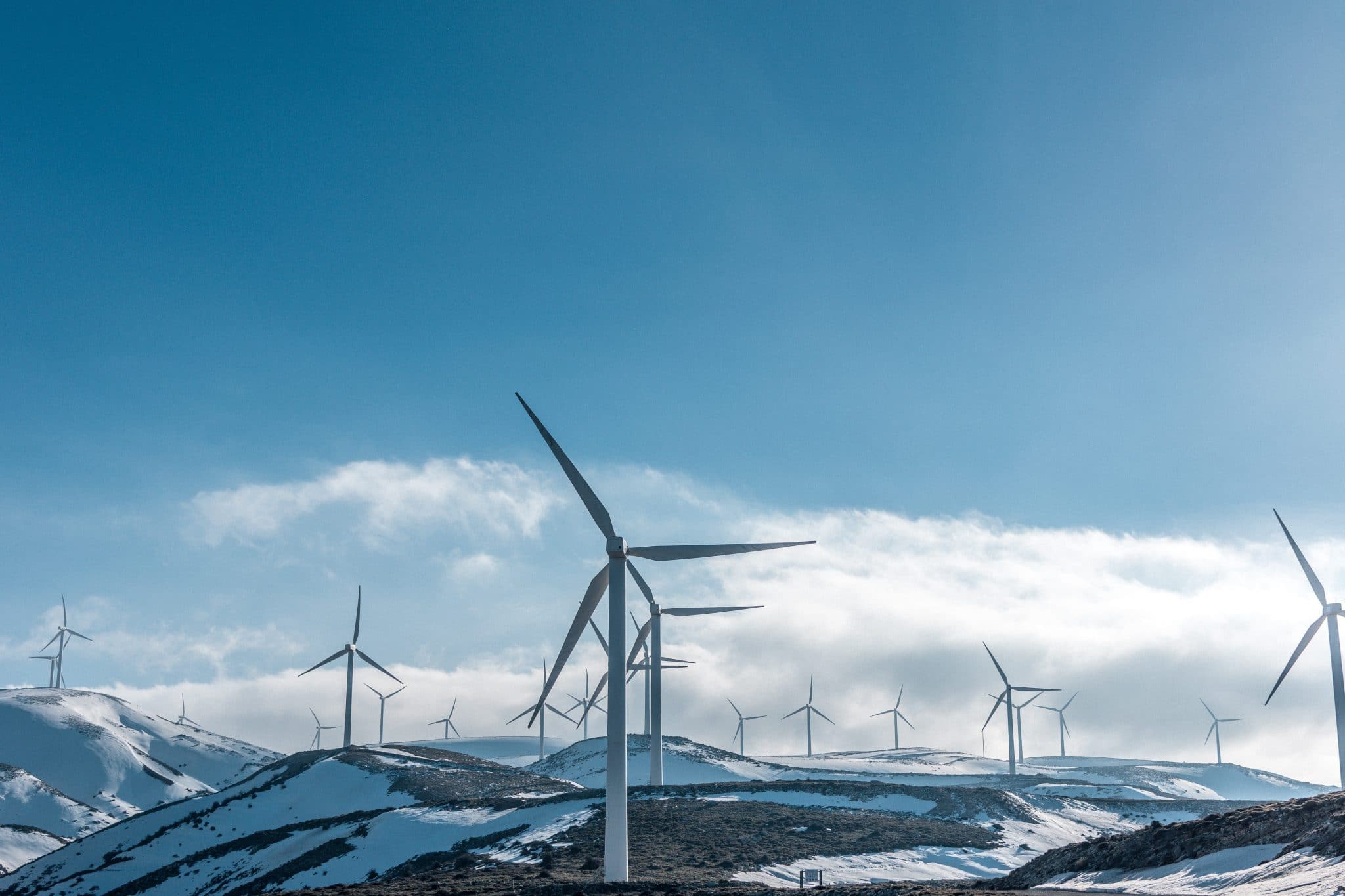If you are considering a degree in environmental science, but have been concerned about the demand in the field due to changes in U.S. policy regarding the environment, there is no need to worry. Environmental science will remain in high demand. Regardless of current or future political environments, there is still a growing focus on environmentally-friendly practices in the public sector and almost all industries in the private sector. Businesses across the country as well as federal, local, and state government have invested a lot toward becoming more environmentally responsible. That investment is a continuing trend for many reasons. Often environmentally friendly practices also cut costs and are more efficient. A business that is being environmentally conscious can demonstrate that it is a good corporate citizen. Good environmental policies often require investment and infrastructure that is eventually good for the growth of any organization, public or private.
What does an environmental scientist do?
An environmental scientist is someone who studies the effect (positive or negative) that humans have on the earth. This impact can be related to the use of its resources, any hazards to human, animal or plant life and health. An environmental scientist assesses the impact of an organization or project, and gives advice on how to proceed with minimal environmental impact. This could include avoiding pollution, using renewable energy, and making use of materials that are environmentally friendly and sustainable.
Where do environmental scientists work?
There are a variety of areas where environmental scientists are in demand. They work in both the public and private sectors. Many graduates with this degree move on to teach environmental science. Where, exactly your talents and education fit into these organizations often depends on what focus you chose while getting your degree.
Degree focus:
An environmental scientist degree can have several different focuses, such as engineering, biology, ecology, and conservation. An engineering focus, for example, might lead to helping with the construction of new facilities; ensuring that they are energy efficient, and made with environmentally-friendly materials. A biology focus might include testing a compound for safety, or checking a water supply for traces of pollution.
How much education will you need?
While there are some entry level positions available for students who achieve a bachelor degree, the vast majority of positions will require a graduate degree. It is recommended, therefore, that someone desiring a career in environmental science, get at least a master’s degree in the subject. Someone who is looking to teach environmental science, may also want to get a teaching degree.
What kind of classes will you take?
For your undergraduate degree, you’ll take some core education classes. Beyond that, prepare for a lot of science and mathematics courses. The classes you actually take will depend greatly on which focus you choose. Biology, chemistry, physics, and calculus will almost certainly be in the curriculum. There will also be science classes directly related to environmental sciences, such as ecology, toxicology, conservation biology, geology and climate change. You’ll also take history courses related directly to the environment and climate change.



